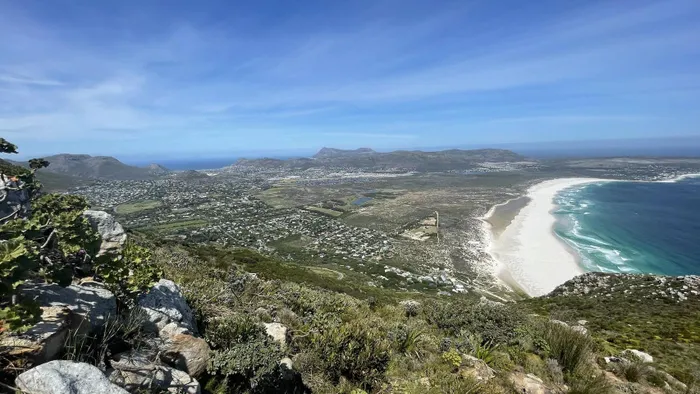Residents urged to speak out on City’s draft budget

With the City’s draft budget proposing sharp tariff hikes, residents across the far south are urged to submit their comments before the public participation window closes.
Image: Supplied
With the City of Cape Town’s draft budget for 2025/2026 now open for public comment, residents are being urged to voice their concerns over proposed tariff hikes.
The City has proposed an average increase of nearly 8% in commercial and residential property rates from July.
But the real impact on households will vary widely due to major changes in how fixed service charges are calculated. These include new fixed charges for water, electricity, sanitation, and cleaning — all based on property values rather than actual usage.
While the City has emphasised its decision to keep electricity tariff increases to just 2% — well below Eskom’s 13% hike — many residents say they are alarmed by the overall increase to their monthly bills.
Peter Feasley, of the Fish Hoek Valley Ratepayers' and Residents' Association (FHVRRA), said many households are facing sharp increases.
“Our members are reporting estimated increases of more than 25%,” he said. “This is a serious concern, particularly for pensioners and those who have already taken steps to reduce their water and electricity usage.”
Mr Feasley said the shift away from usage-based billing to property-based charges is especially troubling.
“The electricity tariff was previously used to cross-subsidise other services,” he said. “Now, that cross-subsidy has been removed, and people who consume less electricity are facing higher costs.”
He also criticised the new cleaning charge based on property value, calling it a “wealth tax.” “This is a big shift — you’re being charged more, not because you use more, but because your property is worth more.”
According to Mr Feasley, the FHVRRA tested the City’s online rates calculator with typical usage scenarios. For a household using 500 kWh of electricity and 8 kilolitres of water, the estimated monthly increases were:
Property value R2 million – 4%
R3 million – 16%
R4 million – 25%
R5 million – 30%
Households with higher consumption fared slightly better. For example, a household using 700 kWh of electricity and 16 kilolitres of water in a R5 million property would face a 19% increase — significantly less than the 30% hike for lower-usage households.
“This budget penalises those who’ve made the effort to reduce their usage or invest in solar,” Mr Feasley said. “It’s deeply unfair.”
In Noordhoek, Bas Zuidberg, chair of the Noordhoek Ratepayers’ Association, echoed these concerns. He estimates increases of between 20% and 30% for many local households.
“Properties on the peninsula have seen above-average value increases in recent years, so we expect the rates to rise even further with the next valuation,” he said.
Mr Zuidberg also questioned the fairness of the City’s electricity pricing. “Keeping the increase at 2% means households with solar are now subsidising the usage of others. That doesn’t seem just.”
Both associations argue that the changes will put undue pressure on households already feeling the squeeze.
“While we understand the City’s need to generate revenue,” said Mr Feasley, “this budget seems more focused on keeping certain political parties in power than serving residents.”
Public participation on the draft budget is open until Thursday May 8, and residents across the Far South are encouraged to make their voices heard.
Related Topics: